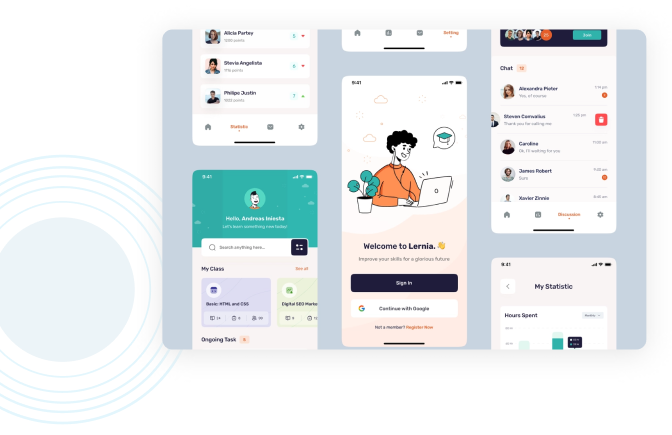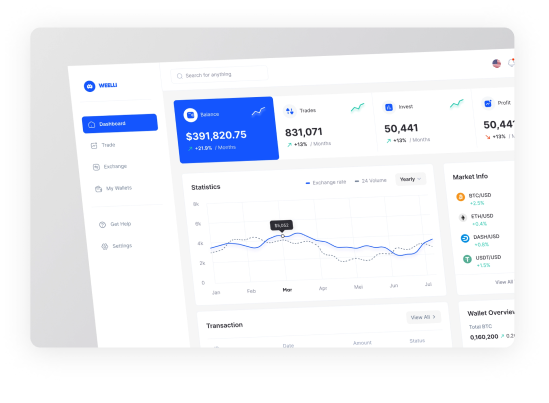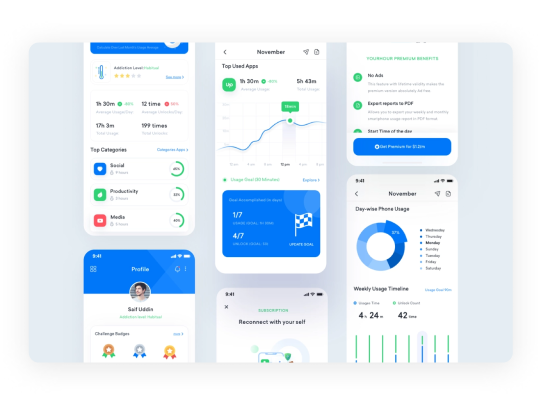Hire a Node.js Developer
Hire the best Node.js Developers with HikeCommerce


Node.js developers use Node.js to build scalable network applications as an asynchronous, event-driven JavaScript runtime. It handles many connections concurrently, and each one fires a callback, but if there is no work to be done, Node.js will sleep.
Node.js presents an event loop as a runtime construct instead of a library. In other systems, a blocking call always starts an event loop. Typically, app behavior is defined via callbacks at the beginning of a script. Node.js has no "start the event loop" call. Node.js enters the event loop after executing the input script and exits the event loop when there are no more callbacks to perform. This behavior is very similar to browser JavaScript as the event loop is hidden from the user.
Node.js prioritizes HTTP and is designed for streaming, apps that require low latency, or a web library or framework. It does not have threads, but that doesn't mean it can't take advantage of multiple cores in your environment. Node.js can spawn a child process using the child_process.fork API, and are easy to communicate with. It is built on the same interface as the cluster module, allowing sockets to be shared between processes, enabling load balancing over processing cores.

Node.js is used for traditional websites and back-end API services but was designed for real-time, push-based architectures on server-side apps. It shines in real-time web applications employing push technology over web sockets, as it's capable of handling a vast number of simultaneous connections with high throughput. Node.js developers create applications with real-time, two-way connections, where both the client and server can initiate communication, allowing them to exchange data freely. It is fast and scalable. In addition, it's based on the open web stack (HTML, CSS, and JS) running on port 80.
-
Concept Design
-
Concept Implementation
-
Concept Design
-
Concept Implementation


Some excellent Node.js use cases are:

Chat is the most typical real-time, multi-user application that employs Node.js. A chat application is a sweet-spot example for Node.js - a lightweight, high traffic, data-intensive application with low processing/computation requirements that run across multiple devices and platforms.

HTTP requests and responses are streams and Node.js developers use this knowledge to build some cool features. For example, it's possible to process files while they're still uploading, as the data comes in through a stream. It can then be processed for real-time audio or video encoding and proxying between different data sources.


Node.js developers build custom apps to track stock prices, perform calculations and technical analysis, and create graphs and charts. A real-time web-based solution allows brokers to switch workstations or workplaces easily.

Graphic illustrations can be highly effective marketing tools. Our graphic designers can express your ideas, clarify concepts, sell products, educate, and promote using eye-popping illustrations.

HikeCommerce only hires thebest talents
Our 5-step Vetting Process:
Screening
Screening
Screening and Interview
Challenge
We seek and select excellent communicators that proactively take ownership of business and product objectives without micromanagement.

Learn More About Our Process
Hiring the right talent for your project is as easy as 1-2-3.
HikeCommerce will hand-pick two or three pre-vetted experts we think will work best for your project and team dynamics. Then, we’ll work together to select the talent that best fits.
HikeCommerce will hand-pick two or three pre-vetted experts we think will work best for your project and team dynamics. Then, we’ll work together to select the talent that best fits.
HikeCommerce will hand-pick two or three pre-vetted experts we think will work best for your project and team dynamics. Then, we’ll work together to select the talent that best fits.




